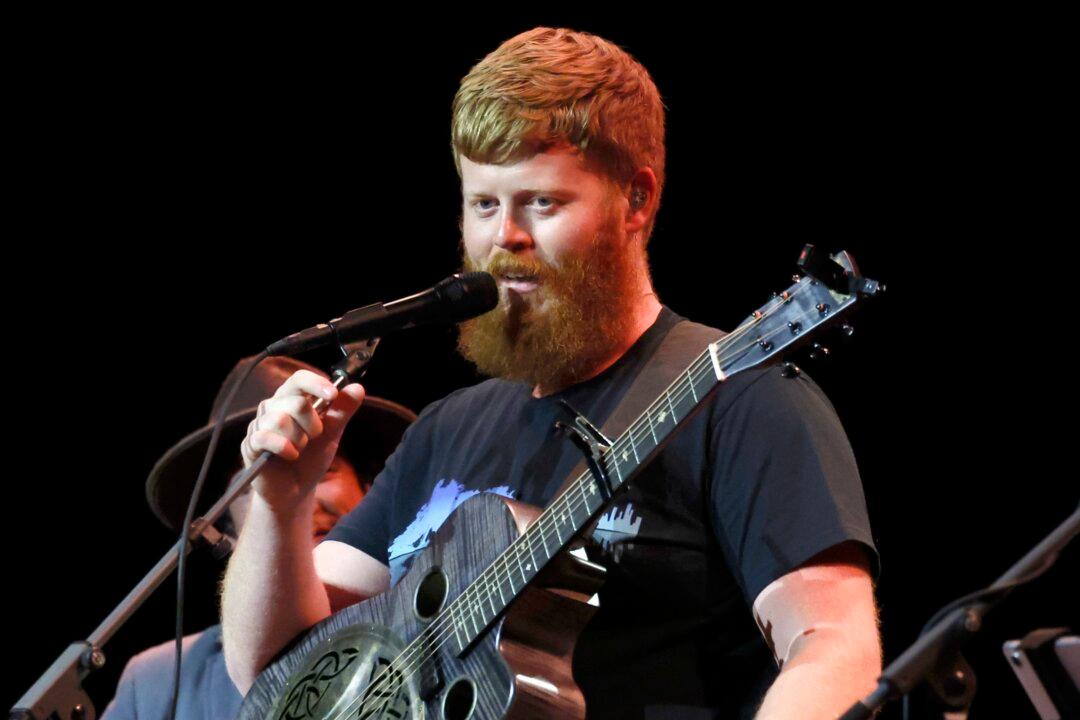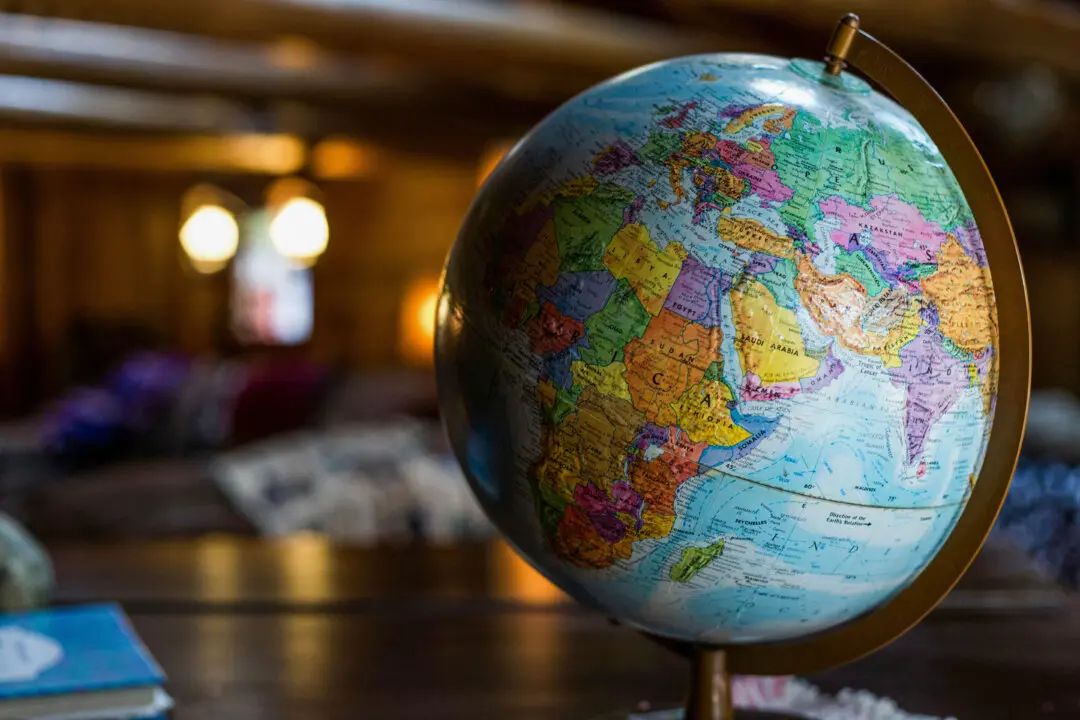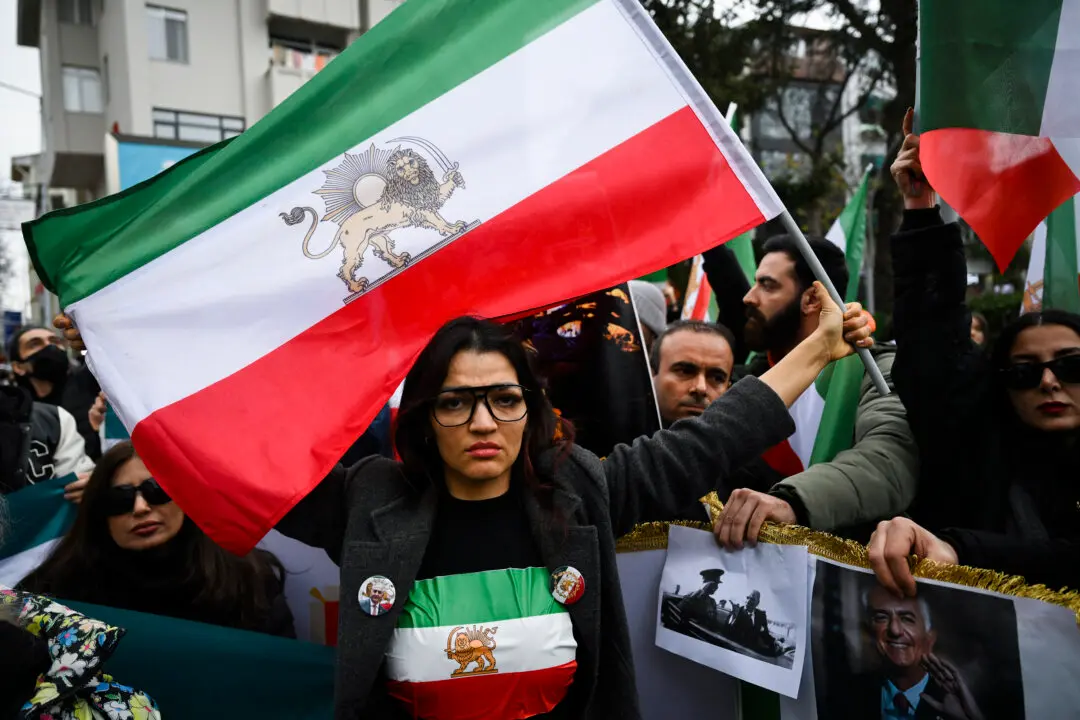Commentary
Recently, singer-songwriter Oliver Anthony, a high school dropout who lives in a log cabin in the woods, and historian Victor Davis Hanson, who holds a doctorate in classics, both gave passionate speeches expressing their faith in the American people, past and present.





